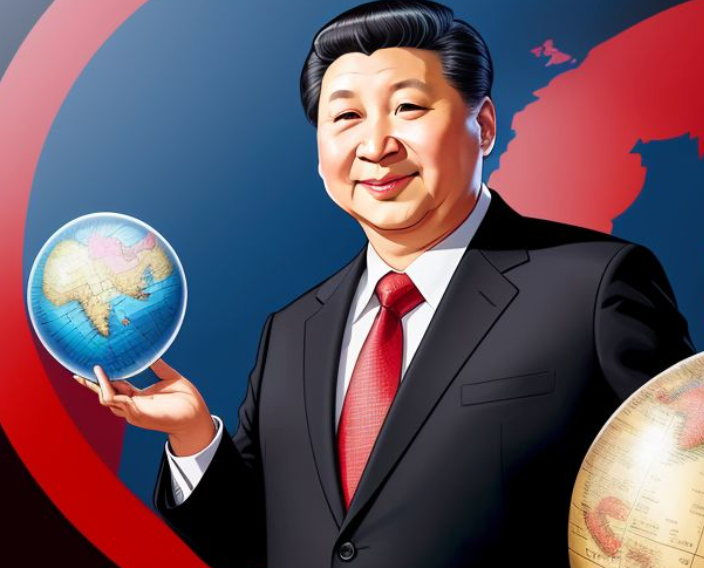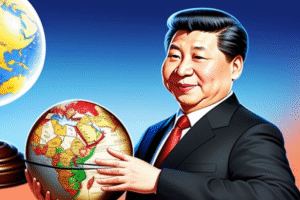# China’s Shift in LNG Import Strategy: A Deep Dive into Market Dynamics
In recent china news, the country’s role as the leading importer of Liquefied Natural Gas (LNG) has been transformative for Asian energy markets. Since overtaking Japan in 2021, China has dictated regional LNG flow dynamics, being responsible for over 40% of Asia’s LNG import growth. Yet, this dominance is now faltering with a visible decline in import volumes, as indicated by the latest ship-tracking data.
# Why Is China Turning Away from U.S. LNG for Russian Pipelines? Discover the Strategic Shift!
China’s pivot from American LNG to alternatives, notably Russian pipelines and increased domestic production, marks a significant shift in global energy alignments. This strategic move is multifaceted, rooted in economic, geopolitical, and environmental considerations.
Economic Factors: Cost and Supply Stability
Economically, pipeline gas typically offers lower prices compared to LNG due to reduced processing and transportation costs. The direct pipeline supply from Russia provides China with a more stable, cost-effective energy source. This is critical as China continues to seek ways to power its massive economic engine more affordably.
Geopolitical Influences: Diversifying Away from U.S. Dependence
Geopolitically, reducing reliance on U.S. LNG helps China mitigate risks associated with political frictions and trade disputes. By strengthening energy ties with Russia, China not only secures a steady energy supply but also enhances its strategic autonomy in the broader geopolitical landscape.
Environmental Considerations: A Shift Towards Greener Alternatives
From an environmental perspective, China is intensifying efforts to meet its carbon neutrality goals. Russian natural gas, with potentially lower lifecycle emissions compared to LNG that requires liquefaction and re-gasification, aligns with China’s green energy objectives.
The Impact on Global LNG Markets
This shift is recalibrating global LNG markets. As China reduces its dependence on U.S. LNG, other markets may see increased American LNG flows, which could alter LNG pricing and trading patterns worldwide. This could benefit other LNG-importing nations by providing more competitive pricing and supply options.
Looking Ahead: Implications for U.S. LNG Exporters
For U.S. LNG exporters, China’s pivot could signal a need to diversify their own market strategies, perhaps focusing more on other burgeoning LNG markets like those in Europe or India. Additionally, this development might accelerate the U.S. industry’s efforts towards enhancing LNG’s environmental profile or investing in alternative energy exports.
Conclusion: Navigating a Complex Energy Future
China’s strategic shift in LNG sourcing is a significant marker of changing global energy dynamics. It highlights the complexities nations face as they navigate economic growth, energy security, and environmental sustainability. For industry observers and stakeholders, understanding these shifts is crucial for anticipating future trends in the global energy sector.
# Tags:
#EnergyMarkets #LNG #ChinaLNG #USLNG #RussianGas #EnergySecurity #Geopolitics #EnvironmentalImpact #GlobalTrade #EnergyTransition #MarketDynamics
China’s evolving energy strategy underscores the intricate dance between national interests and global market forces. As the situation unfolds, it will undoubtedly provide critical insights into the future of international energy cooperation and competition.











Comments are closed.